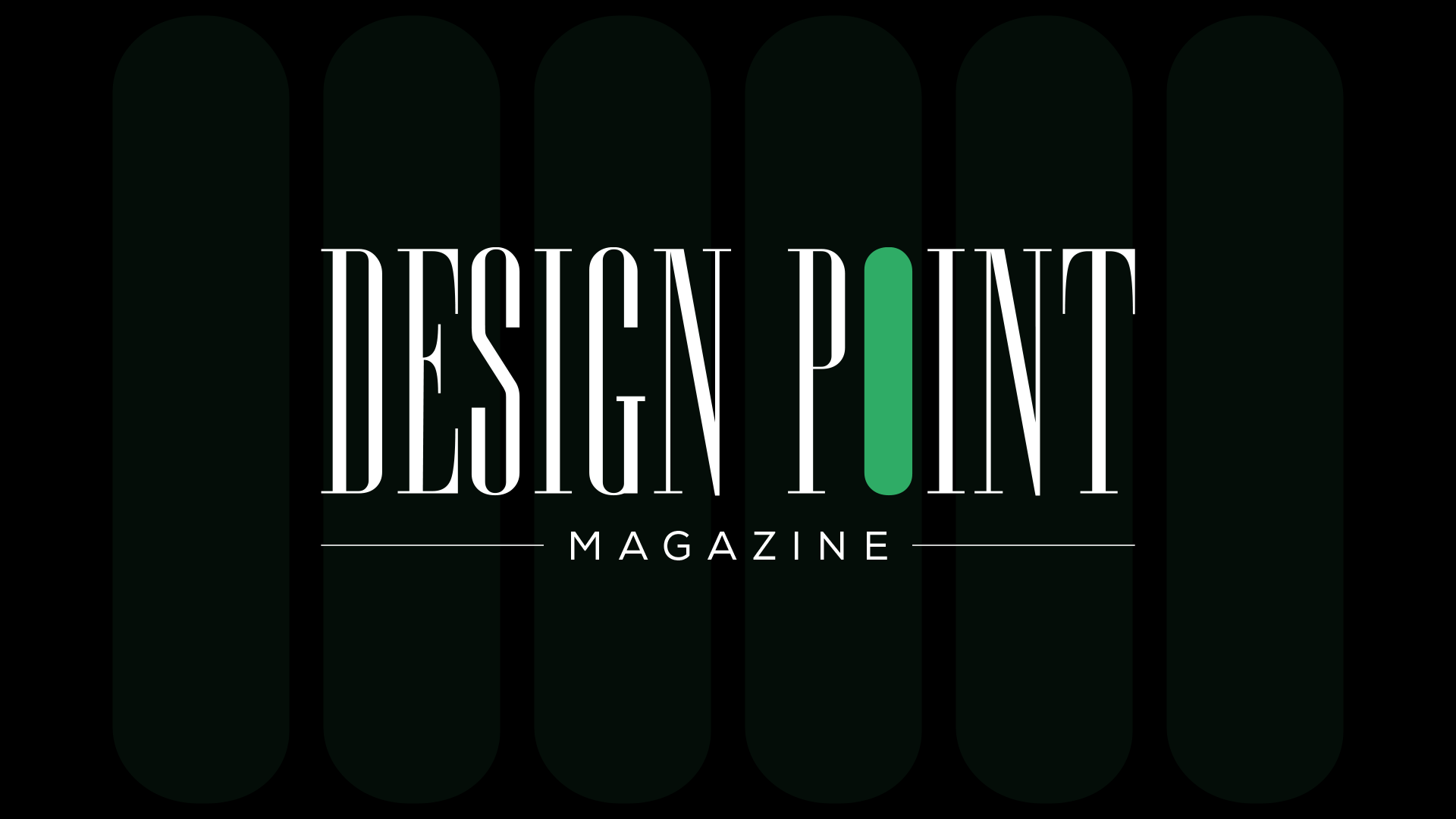I’m going to say something that might ruffle some feathers: We’re killing creativity in legal marketing, and we’re doing it with kindness. We’re smothering it with process, drowning it in frameworks, and burying it under mountains of data. And the worst part? We’re congratulating ourselves while doing it.
Recently, I read a provocative piece by a veteran advertising executive that hit me like a thunderbolt. He argued that we’ve created a business culture that worships execution while dismissing the fundamental power of ideas. His words cut straight to the heart of what I’ve been seeing in legal marketing for years.
How many times have you heard someone confidently declare, “Ideas don’t matter, it’s all about execution,” or “Ideas are easy, execution is hard”? I hear it in every planning meeting, every strategy session, every annual review. We’ve swallowed this lie whole, and it’s time we spit it out.
Look around. We’ve become masters of implementation – our marketing technology stacks are impressive, our content calendars are meticulous, our social media schedules are precise, and our KPI dashboards are things of beauty. But let me ask you this: When was the last time you saw a law firm marketing initiative that truly took your breath away? That made you think, “Now that’s different”?
The truth? Our industry has optimized itself into oblivion. Law firm websites have become virtual carbon copies. Thought leadership pieces blur together in an indistinguishable mass. Our strategic plans could be mail-merged with different firm names, and nobody would notice the difference. We’re all following the same playbook, and we’re calling it “best practices.”
This obsession with process over substance isn’t unique to legal marketing. Just look at the recent controversy surrounding Pod Save America, where Democratic operatives discussed campaign strategy in such clinical, KPI-focused terms that it sparked widespread backlash. Listeners were stunned by how these seasoned political professionals reduced the passion of politics to what sounded like a routine quarterly performance review. The conversation was so focused on playbooks, data, and tactical frameworks that listeners sensed they lost touch with basic human connection. It revealed a world where every campaign follows a certain prescribed methodology – a “certain way” to handle media, a “certain way” to manage social media, a “certain way” to run everything. The result? A kind of antiseptic professionalism that might look good in status meetings but fails to move real people. Replace “campaign staffers” with “legal marketers” and “voters” with “clients” in that scenario, and you might see yourself in the mirror.
Let’s be brutally honest: to quote generations of advertising geniuses before me, perfect execution of a mediocre idea will always yield mediocre results. It doesn’t matter how flawlessly you implement a boring idea – it’s still boring. But, in today’s attention economy, boring is death.
Think about it: Firm A launches yet another “comprehensive client alert system” with perfect execution – beautiful design, flawless delivery, robust analytics. Firm B develops a genuinely innovative way to deliver legal insights that actually solves a unique client pain point. Which one will have a lasting impact? Which one will clients remember? Which one will actually move the needle?
The challenge we face isn’t a lack of execution capability. We have more tools, technologies, and frameworks than ever before. What we’re starving for are breakthrough ideas that capture imagination and drive meaningful differentiation.
Here’s what we need to do:
Stop hiding behind process. Yes, we need solid processes, but they should serve great ideas, not replace them. Your project management methodology won’t make a mediocre idea better.
Create real space for creativity. Our obsession with metrics and immediate ROI is strangling innovative ideas in their cradle. Give big ideas room to breathe.
Burn the “best practices” playbook. Best practices are just average practices that worked for someone else. Your firm isn’t average, so why should your marketing be?
Value originality over optimization. Would you rather have a perfectly optimized cookie-cutter approach or something truly distinctive that sets your firm apart?
The rise of AI makes this even more urgent. If human-created content is mediocre and AI-created content is equally mediocre but cheaper, guess which way firms will go? The only defense against AI commoditization is original thinking and creative ideas that machines can’t replicate.
The next time someone in your firm dismisses an innovative idea in favor of “proven” approaches, remember this: In a world where everyone can execute competently, ideas become the ultimate differentiator. Your firm’s future success might depend less on how well you can execute the same playbook as everyone else, and more on your courage to write a new one entirely.
Are we going to continue hiding behind process and “best practices,” or are we ready to fight for big, bold, distinctive ideas? The choice is yours, but the consequences of playing it safe are becoming clearer every day.
What’s your take? Has our industry become too focused on execution at the expense of creativity? Have you seen examples of truly breakthrough legal marketing that started with a bold idea? Let’s have this conversation.
This post was originally published on Lynda’s LinkedIn newsletter, Marketing without Jargon. Lynda leads a team at Decker Design that focuses on helping law firms build differentiated brands.
Header image: Unsplash+ with Allison Saeng.
The post The Playbook is Dead: Why Marketing Needs to Break Free of ‘Best Practices’ appeared first on PRINT Magazine.

